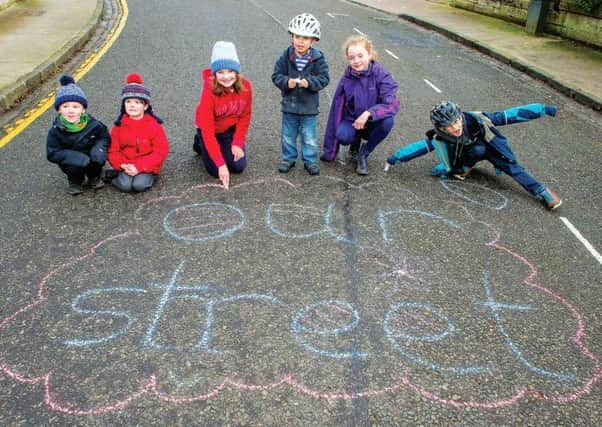Leader: dangers of risk-averse childhood


This is no muddled nostalgia. It’s undoubtedly true that we once afforded our children a great deal more freedom than we do now.
These days, we’re more alert than ever before to the dangers facing our children in everyday life. But in responding to this reality, we may have gone a step too far in cosseting our youngsters.
Advertisement
Hide AdAdvertisement
Hide AdKids don’t, as a rule, play outside to anything like the degree they once did. It’s true that the rise in the popularity of video games has played its part in the creation of a new way of life for children, largely spent indoors, but parental concerns are surely the dominant factor here.
So three cheers, then, for the Care Inspectorate, which has called on schools to move away from the longstanding risk-averse approach in favour of a new “risk-benefit” strategy when it comes to the activities in which children participate.
The Inspectorate says being too cautious about what children can and cannot do can unnecessarily restrict their experiences, and has advised teachers that they should not compile time- consuming written risk assessments for everyday activities. We agree with the charity Play Scotland that this is a commonsense approach that will allow children and young people to learn about managing risk for themselves.
Of course, it’s right and proper that heath and safety is far more important to us than it used to be, but we have gone too far. While we might believe we are protecting our children by restricting their activities, we may be leaving them ill-prepared for adulthood. Life is full of risks and learning that lesson as early as possible can only be of benefit to any youngster.
Yes, of course, there are many situations which children – any of us, in fact – should approach with caution. But simply shielding youngsters from the real world is not the answer. All that will achieve is an increasingly risk-averse society.
And without ambition, taking a chance, and a sense of adventure, where does success come from?